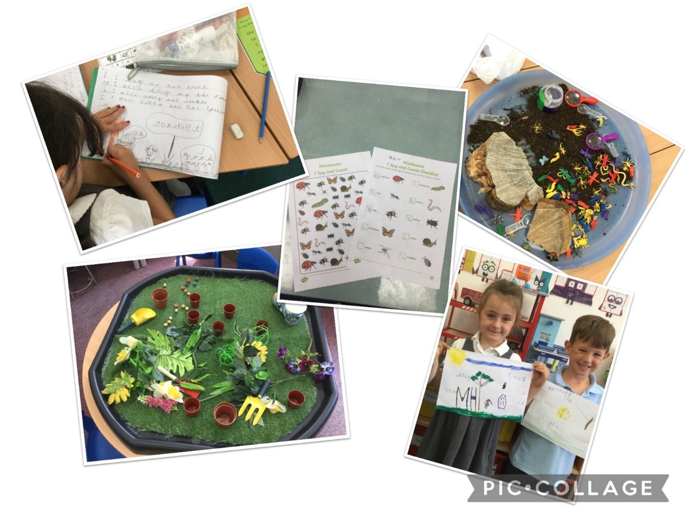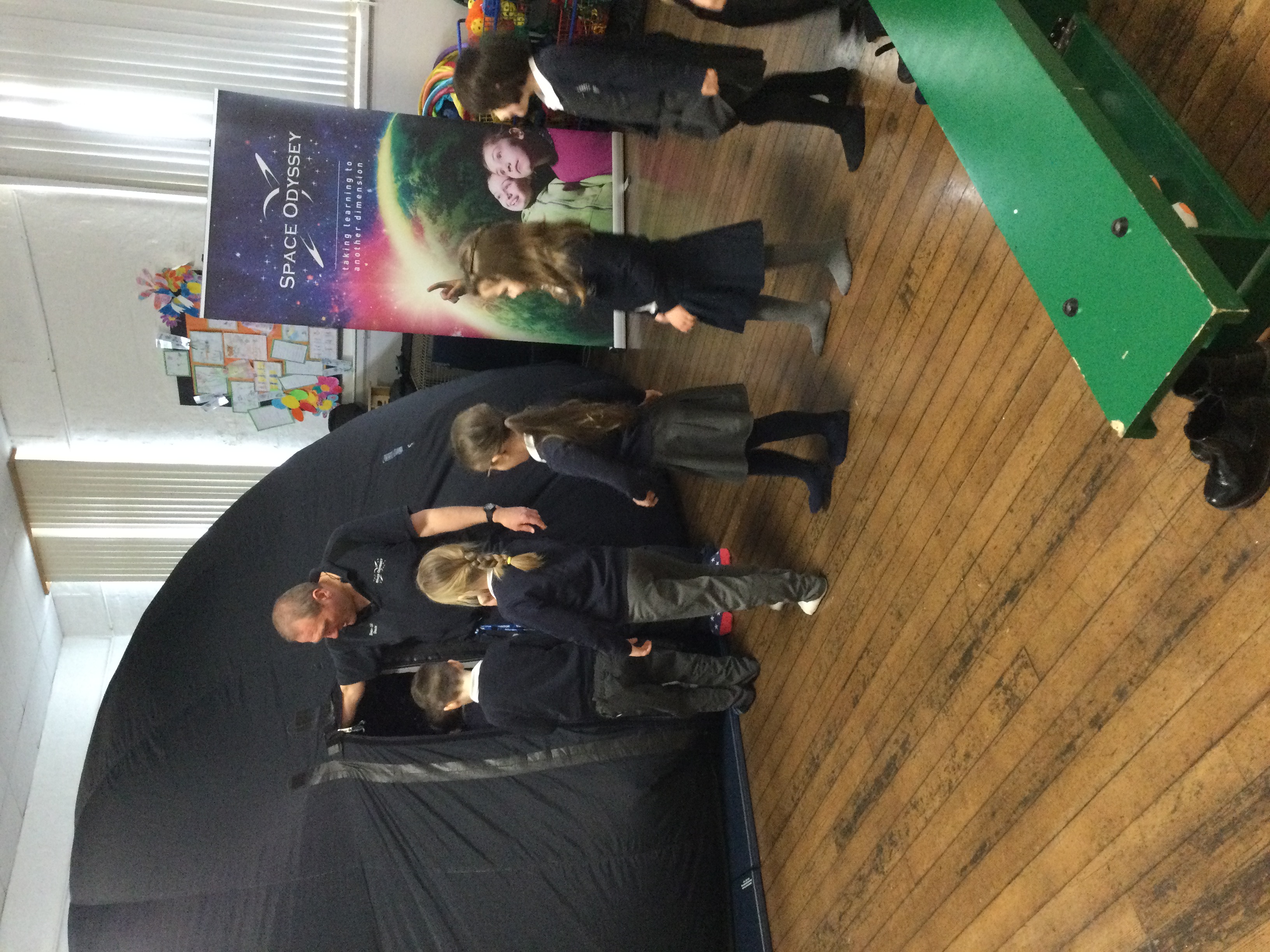Science
At Wootton Bassett Infants’ School we teach science through the aspect of Understanding the World in EYFS which lead to early learning goals at the end of the Year. For Year 1 and Year 2, we teach science through the National Curriculum Programme of Study for Key Stage 1.
Each science lesson starts with an introduction to science so children understand what we learn about in science and also the skills that a scientist needs. We may also recap previous science learning which helps children retain key concepts and aids their understanding further through discussion. Our lessons begin with a question to promote scientific thinking and enquiry and the children work towards answering the question through structured first hand and practical activities and investigations. They may be able to answer the question at the end of the lesson or over a series of lessons. Science learning is supported by videos and fiction and non -fiction texts appropriate for each topic.
Scientific language is displayed alongside the children’s work and the children are encouraged to answer questions in stem sentences using the appropriate language. Recording their learning is often through photographs with some written evidence, especially in Year 2. EYFS record scientific experiences in a book of wonder.
EYFS
The EYFS framework is structured very differently to the national curriculum as it is organised across seven areas of learning rather than subject areas. The most relevant statements for science are taken from the following areas of learning:
• Communication and Language.
• Personal, Social and Emotional Development.
• Understanding the World.
Children develop their skills of observation, prediction, investigation and discussion which come in useful not only in science but in subjects like history, geography and computing.
Children will experience using materials to build, exploring plants and how they grow, investigating how animals and humans look and change. They will engage in water and sand play to aid their understanding of scientific aspects and explore concepts such as light, magnetism and physical changes to food.
KEY STAGE 1
In
Key Stage 1, children are taught the National Curriculum through specific
science topics linked to the programmes of study but teachers endeavour to link
Science learning within their topic for that term if possible. For example, the
‘Out of this World’ space topic links to Everyday Materials. The children can
identify and name materials that could be used on a rocket or on an astronaut
suit. The topic ‘Roald Dahl’ allows them to explore which materials would be
the most appropriate for building a palace and why building a palace out of
chocolate would be a bad idea.
Teachers plan lessons using their own professional judgements alongside a progression of activities developed from Collins Connect, Hamilton Trust and Twinkl science planning to create a creative and bespoke science curriculum. This works within our school because it shows clear progression and allows ambitious and exploratory learning. To engage more scientific enquiry, teachers are able to plan investigations that challenge the children’s thinking and understanding.
Science Week is planned during the school year allowing children to use their enquiry skills to explore an area of science, that we link to other areas of the curriculum through a key text or idea.
Science Progression Document 2024

